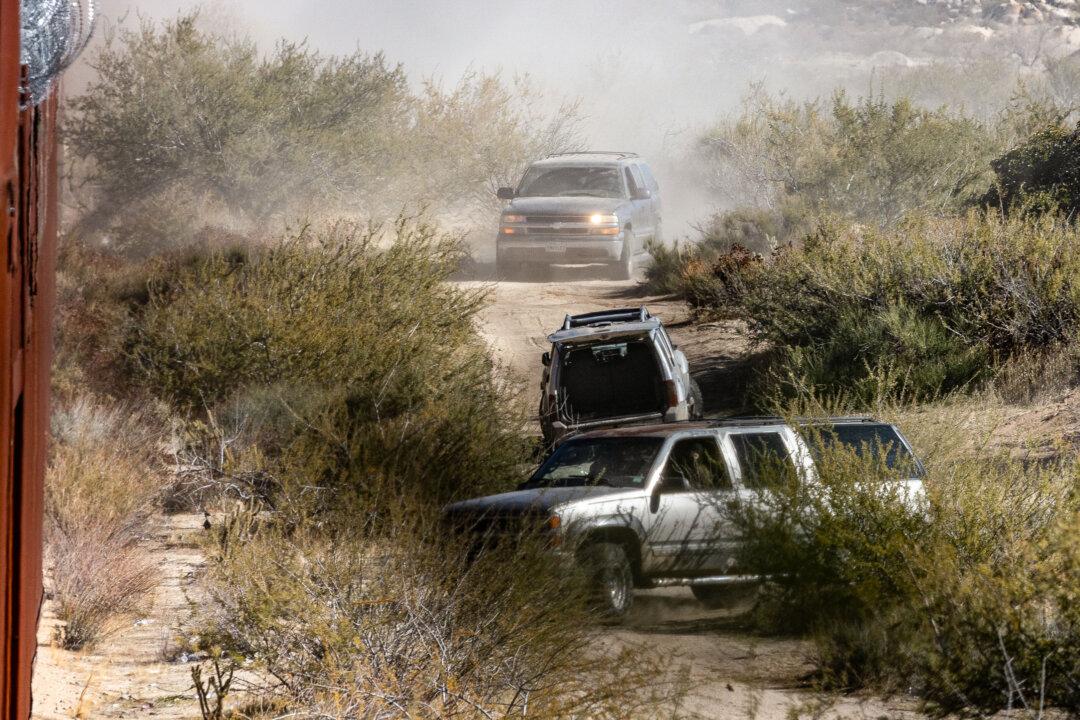President Donald Trump issued an executive order on his first day in office seeking to designate certain cartels and gangs as foreign terrorist organizations (FTOs) and specially designated global terrorists, which would grant authorities greater power to crack down on those organizations.
The Jan. 20 executive order states that cartels are flooding the United States with “deadly drugs, violent criminals, and vicious gangs,” with these groups posing “an unacceptable national security risk” to the country. The order says that cartels “functionally control, through a campaign of assassination, terror, rape, and brute force nearly all illegal traffic across the southern border of the United States.”





